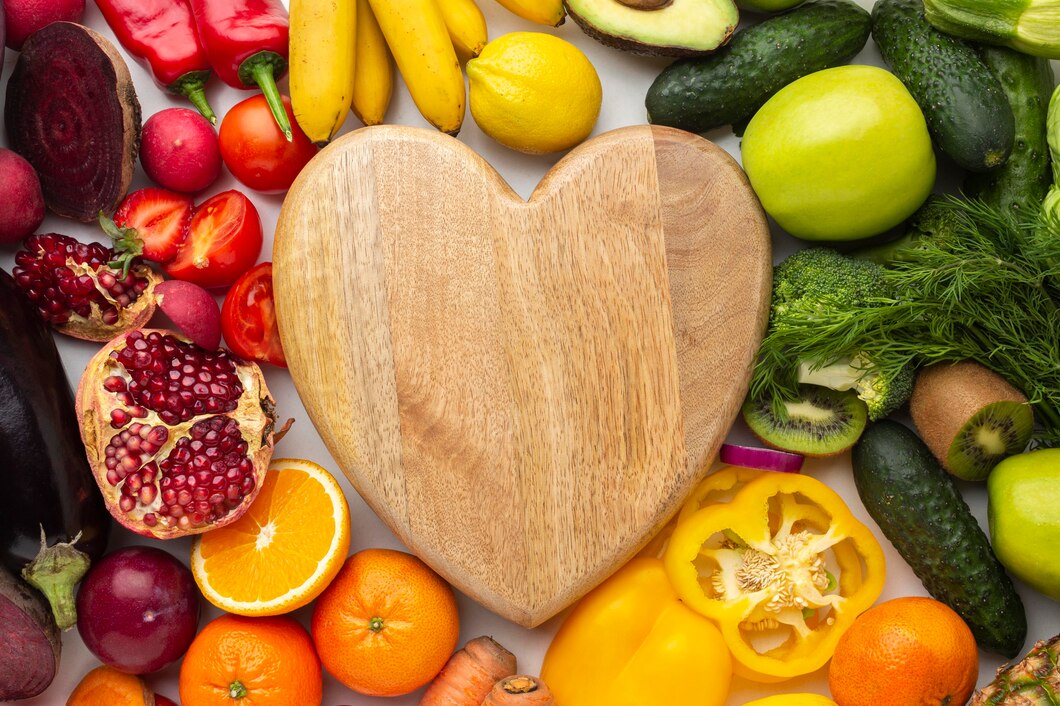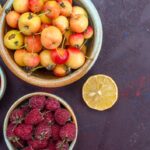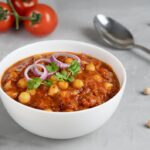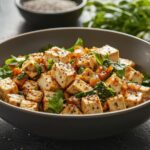High blood pressure, or hypertension, affects millions worldwide and is a major risk factor for heart disease, stroke, and kidney problems. While medications play a vital role in controlling blood pressure, incorporating certain foods into your diet can be a natural and effective way to manage the condition. Below are 18 foods scientifically proven to help lower blood pressure, along with tips on what to avoid and lifestyle changes for optimal health.
1. Berries
Rich in antioxidants like anthocyanins, berries such as blueberries and strawberries can reduce blood pressure. They make excellent snacks, smoothie ingredients, or oatmeal toppings.
2. Bananas
High in potassium, bananas help balance sodium levels and relax blood vessel walls. Include them in your breakfast or eat them as a snack.
3. Beets
Beets are rich in nitrates, which improve blood flow and lower systolic blood pressure. Drink beet juice or add beets to salads and side dishes.
4. Dark Chocolate
Cacao in dark chocolate contains flavonoids that support heart health. Enjoy in moderation to gain the benefits.
5. Kiwis
Packed with vitamin C, kiwis can help lower blood pressure. Add 2–3 kiwis to your daily diet for best results.
6. Watermelon
Watermelon contains citrulline, which boosts nitric oxide levels, relaxing blood vessels. Enjoy it fresh, as juice, or in salads.
7. Oats
Oats are a great source of beta-glucan, a fiber that reduces oxidative stress. Have oatmeal for breakfast or use oats as a breadcrumb alternative.
8. Leafy Green Vegetables
Spinach, kale, and Swiss chard are high in nitrates, which lower blood pressure. Add them to smoothies, salads, or stews.
9. Garlic
Garlic contains allicin, which helps reduce arterial stiffness and blood pressure. Use it in cooking as a flavorful, heart-healthy ingredient.
10. Fermented Foods
Probiotic-rich foods like kimchi, miso, and yogurt support heart health by managing blood pressure. Include them as side dishes or snacks.
11. Lentils and Pulses
Legumes like lentils, beans, and chickpeas are high in protein and fiber, which improve vascular health. Use them in soups, stews, or salads.
12. Natural Yogurt
Low-fat, unsweetened yogurt contains calcium and probiotics beneficial for blood pressure management. Pair it with fruit or add to curries.
13. Pomegranates
Pomegranate juice has antioxidants that may lower systolic and diastolic blood pressure. Choose unsweetened varieties for maximum benefit.
14. Cinnamon
This versatile spice helps lower blood pressure when consumed regularly. Sprinkle it on oatmeal or add it to tea.
15. Nuts
Unsalted almonds, walnuts, and pistachios can reduce blood pressure. Snack on a handful or incorporate them into salads and meals.
16. Citrus Fruits
Oranges, lemons, and grapefruits are rich in hesperidin, an antioxidant that improves heart health. Drink freshly squeezed juice or eat them whole.
17. Oily Fish
Fish like salmon, mackerel, and sardines are rich in omega-3 fatty acids, which lower blood pressure. Aim for two servings a week.
18. Tomato Extract
Lycopene, found in tomatoes, supports cardiovascular health. Tomato extract supplements may be more effective than fresh tomatoes in reducing blood pressure.
Foods to Avoid
1. Salt
High sodium intake raises blood pressure. Limit processed foods and avoid adding extra salt to meals.
2. Caffeine
While moderate coffee consumption can be safe, excessive intake may spike blood pressure. Limit yourself to 1–2 cups daily.
3. Alcohol
Even moderate alcohol consumption can elevate blood pressure. Stick to recommended limits: one drink per day for women and two for men.
4. Processed Foods
Foods like chips, frozen meals, and fast food often contain hidden salts and unhealthy fats. Opt for fresh, whole foods instead.
Additional Tips for Lowering Blood Pressure
- Exercise Regularly: Aim for at least 150 minutes of moderate aerobic activity weekly.
- Maintain a Healthy Weight: Losing excess weight reduces the strain on your heart.
- Stay Hydrated: Drink plenty of water throughout the day.
- Manage Stress: Practice mindfulness, yoga, or meditation to keep blood pressure in check.
- Quit Smoking: Smoking narrows blood vessels and increases hypertension risk.
FAQs
1. Can I stop taking my medication if I eat these foods?
No. Always consult your doctor before making changes to your treatment plan.
2. How quickly can diet changes lower blood pressure?
Results vary, but consistent healthy eating can show benefits within weeks to months.
3. Are all fats bad for hypertension?
No. Healthy fats like those found in oily fish, nuts, and seeds are beneficial.
Incorporating these 18 foods into your diet, combined with lifestyle changes, can naturally help lower high blood pressure and improve overall heart health. Focus on nutrient-dense options like fruits, vegetables, nuts, and oily fish, while limiting processed foods, salt, and alcohol. Always consult with a healthcare professional for personalized advice.








